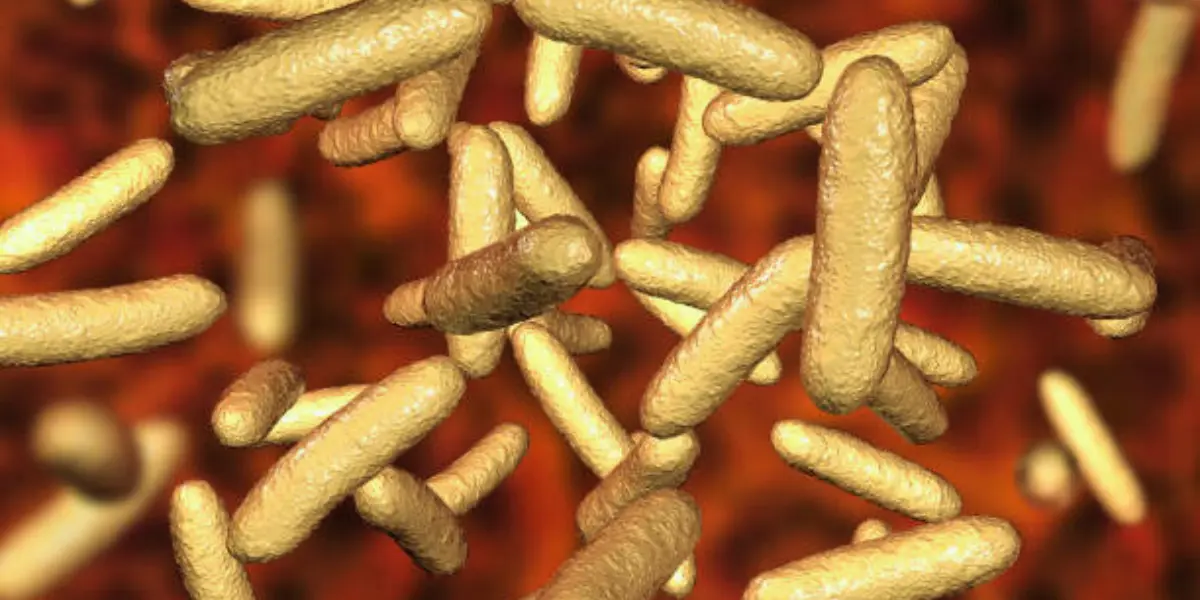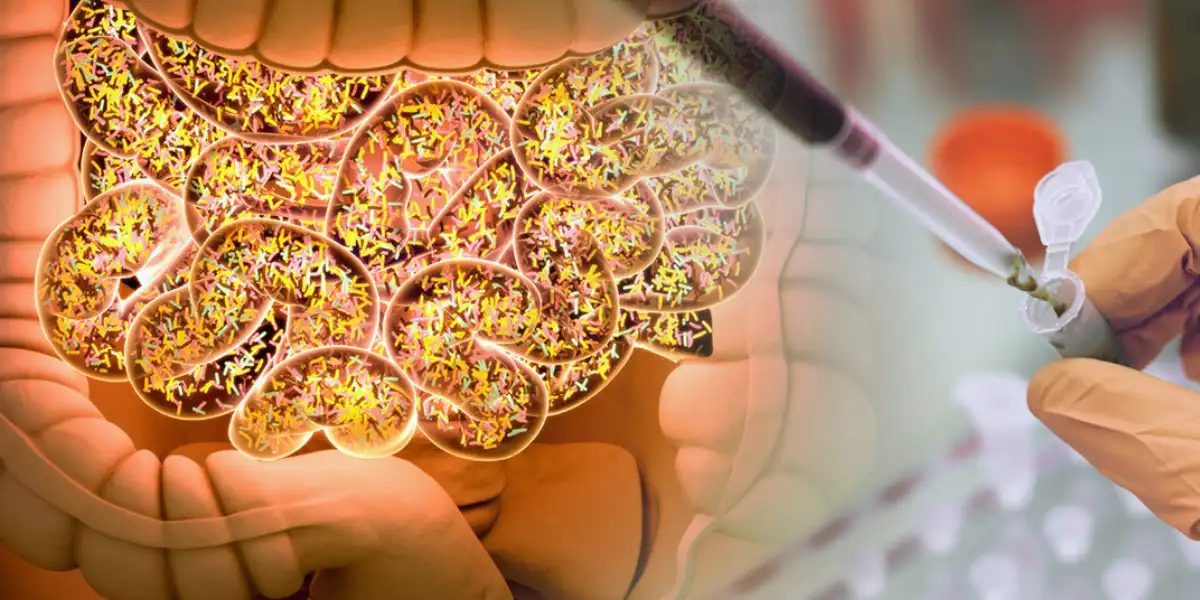Have you ever felt a bit off in your gut? Well, blame it on Gut Dysbiosis.
Our digestive system has trillions of microorganisms, and an imbalance of them causes Gut Dysbiosis. This functional state can result in undesirable ill health conditions, majorly impacting the stomach and intestines. Gut Dysbiosis can have temporary to mild effects as well as some severe impact if left untreated.
Continue reading more to explore the treatment of Gut Dysbiosis and its causes and symptoms.
Causes And Symptoms Of Gut Dysbiosis: How To Heal Your Gut Naturally?
Gut Dysbiosis is an imbalance in the microbial colonies, and there are several causes leading to its origin, including:

- Frequent usage of medicines, especially antibiotics, interrupts the delicate gut balance in your body.
- High-stress levels challenge your body to fend off invasive bacteria, thus weakening your immune system.
- Poor dental hygiene leads to bacterial imbalance in the mouth.
- A sudden increase in the consumption of sugar, additives and protein. Additionally, accessive alcohol intake and accidental chemical intake can also lead to Gut Dysbiosis.
- Unprotected sexual intercourse exposes you to harmful bacterial infection.
Symptoms of Gut Dysbiosis
Gut Dysbiosis may have mild to severe symptoms that can suggest the seriousness of this condition. Some of its common symptoms include,
- Bloating and excessive gas buildup result in frequent burps through the mouth.
- Manageable to acute abdominal pain, especially in the lower part of the stomach.
- Mild to severe diarrhoea.
- Bad Breath.
- Anxiety and Depression.
- Indigestion, Constipation and Nausea.
- Increased Body Weight.
- Metabolic Dysfunction.
- Rectal or Vaginal Bleeding in Women.
- Difficulty in Urinating in Men.
- Autoimmune Diseases.
- Insomnia.
How to treat Gut Dysbiosis?
The treatment of Gut Dysbiosis begins with the diagnosis of the condition. Rather than a dedicated medical condition, Gut Dysbiosis is a functional state that affects the normal functioning of the digestive system. The diagnosis of Gut Dysbiosis involves assessing the symptoms and studying the medical history, followed by some tests. The doctor, particularly a Gastroenterologist, will conduct the following tests:
- Hydrogen Breath Test
- Organic Acid Test
- Comprehensive Digestive Stool Test (CDST)
Upon diagnosing the underlying causes of Gut Dysbiosis, a Gastroenterologist may suggest different medicinal and lifestyle approaches to address the overall gut health.
Common Treatment Strategies to Address Gut Dysbiosis:
- Probiotic Therapy
The Gastroenterologist may recommend Prebiotics to individuals with insufficient amounts of beneficial gut bacteria.
- Microbial Metabolic Pathway Therapy
Instead of directly treating Gut Dysbiosis, this type of treatment involves using medication or drugs to control the activity of gut bacteria. These medications may include co-trimoxazole, ciprofloxacin (Cipro) and rifaximin (Xifaxan)
- Fecal Microbiodata Transplantation (FMT)
This type of treatment involves collecting and processing faeces (from a healthy donor) and then transplanting them into the gut of the concerned individual. The process follows up through Colonoscopy.
There’s ongoing research for medications on Gut Dysbiosis; however, regulatory approval is pending from the Food and Drug Administration.

Additionally, in conditions of dietary-related Gut Dysbiosis, doctors may recommend a tailored nutrition plan. The dietary changes may include eliminating food with excessive nutrients and harmful chemicals and an increased intake of zinc, beta-carotene, vitamin, calcium and magnesium.
Some studies also suggest that incorporating Yoga and Meditation into the daily routine helps support nutrient absorption, enhancing blood flow in the gut and improving the symptoms of Dysbiosis.
Gut Dysbiosis: Tips for Prevention
Here are some tips to prevent Gut Dysbiosis and promote overall gut health:
- Do not take antibiotics without a doctor’s prescription.
- Consult a doctor about incorporating prebiotic and probiotic supplements into your daily diet.
- Brush and floss regularly.
- Do not indulge in unprotected sexual activities.
- Avoid or atleast limit your alcohol consumption.
- Manage stress by practising deep breathing exercises and meditation.
- Aim for a diverse, well-balanced diet and increase the intake of fruits, vegetables and whole grains.
- Stay hydrated.
- Limit your sugar and processed food intake.
Conclusion
Gut Dysbiosis is a functional state often caused by medication and bad lifestyle choices. However, the condition typically remains mild and is treatable. Upon persistently experiencing the symptoms mentioned above, see an experienced Gastroenterologist immediately. You may also choose to consult a General Physician in the absence of a Gastroenterologist. Avoid letting the condition pile up, or it may result in complex digestive issues with time.